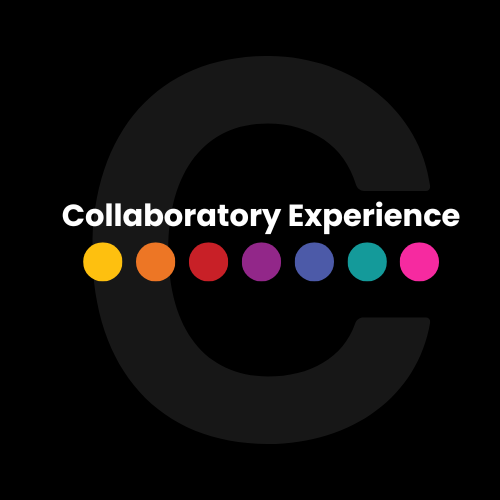A Great Google Ads Foundation Starts with Keywords
It is important to understand that the foundation of Google Ads starts with keywords. Think of how you use Google – you type words into the search bar to find what you’re looking for. The results that Google returns, whether they’re organic results or paid advertisements, are there because they’re relevant to the words you typed in the search bar. If you are a business owner who wants to use Google Ads to help promote your business or generate leads, to get ads to show up on the search page, you must bid on that. keyword.
For your ads to be successful, you need to make sure you are bidding on the right keywords. This process includes a few moving parts:
Keyword Research – Using keyword research tools and analytics data to find a list of keywords that are highly relevant to your business offerings. The goal is to show up in the search results when people search for products or services that are relevant to your business.
Keyword Grouping and Organization – The most effective accounts organize keywords into small groups of tightly related keywords.
Negative Keywords – Negative keywords are a way of filtering out unwanted clicks. By setting a new negative keyword, you tell Google what searches you don’t want your ads to display for.
Keyword Bid Optimization – Everyone has a limited budget, so it’s important to focus your spending on your best-performing keywords, without paying more than necessary.
A good PPC strategy isn’t just a matter of finding the right keywords. To get a high ad ranking at low cost, you’ll need to work at achieving relevance across your account. That means having:
An organized account structure
Targeted, compelling ads, and
Optimized landing pages
All these factors will contribute to your quality score the key metric that determines where your ads are displayed and how much you pay for each ad click.
How Keywords Work in Your Ad Campaigns
Your ads need to be relevant to the keywords you’re bidding on to earn a high Quality Score, which determines where your ad appears and your cost per click (CPC).
The keyword you’re bidding on should appear in your ad to show relevance to both Google and the searcher. The term the user searches on will appear in bold in the ad descriptions, so using the keyword more than once will really make your ad stand out.
Some tips using keywords in your ad campaigns:
Try to use the keyword in the headline and once more in the description lines if you can do so while still communicating benefits and including a call to action.
Bid on long-tail keywords, which have less competition and are therefore more targeted and less costly.
Consider dynamic keyword insertion, which inserts the searcher’s exact search query into your ad, making it extra-relevant to them.
Use sitelinks to expand your ad and include more related keywords.
Keyword Match Types
When you bid on keywords, you have the option of telling Google how restrictive it should be when matching your ads against relevant search queries. There are three keyword match types, from least restrictive to most restrictive:
Broad match – This is the default keyword match type. Google will match your ad against the greatest number of possible queries. For example, if you bid on the keyword “massage,” your ads might show when people search on longer phrases that include “massage,” like “Miami massage” or “deep tissue massage therapist.” Your ads might also show for closely related searches like “hot stone therapy.”
Phrase match – This match type allows you to tell Google to display your ad only when the search query includes a full phrase, such as “black dress.” (The words must appear in that order.) Other words may be included in the search query before or after the phrase. As of February 2021, the phrase match keyword type has been expanded to match more queries, as the broad match modified keyword type has been retired and absorbed into phrase match.
Exact match – The most restrictive match type, exact match tells Google to only match your ads to queries that are the exact same, word for word, as your keyword.
Broad match keywords have the advantage of allowing the maximum number of impressions and clicks – however, those clicks are less targeted and may be less likely to convert. The more restrictive the match type, the fewer clicks you’ll receive, but that traffic will be more relevant and more qualified.
Collaboratory Experience is more than a marketing agency, we’re an amazing collaborative experience.
Collaboratory Experience is not just our name, we’re a testament to the measurable impact we offer businesses and brands looking for an exceptional agency experience. Our collaborative approach removes the layers of typical agency bureaucracy offering one-on-one consultation between businesses and the award-winning talent it takes to execute strategies that get results. Check out the marketing services we provide to help transform possibilities into tangible results specifically tailored for your unique business.
Ready to Make Your Impact? Talk to us.


